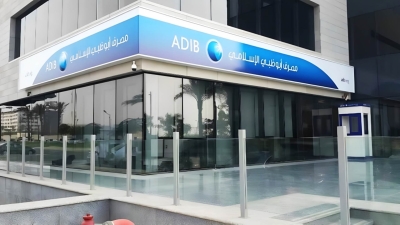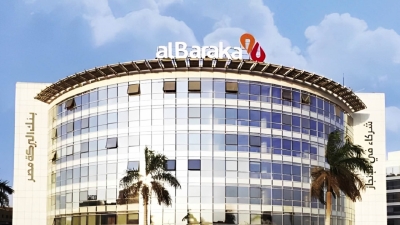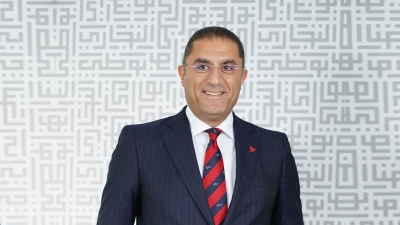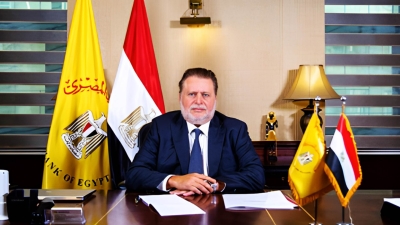Mohamed Aly leads, 7 years put ADIB steps away from the top of Islamic banks in Egypt
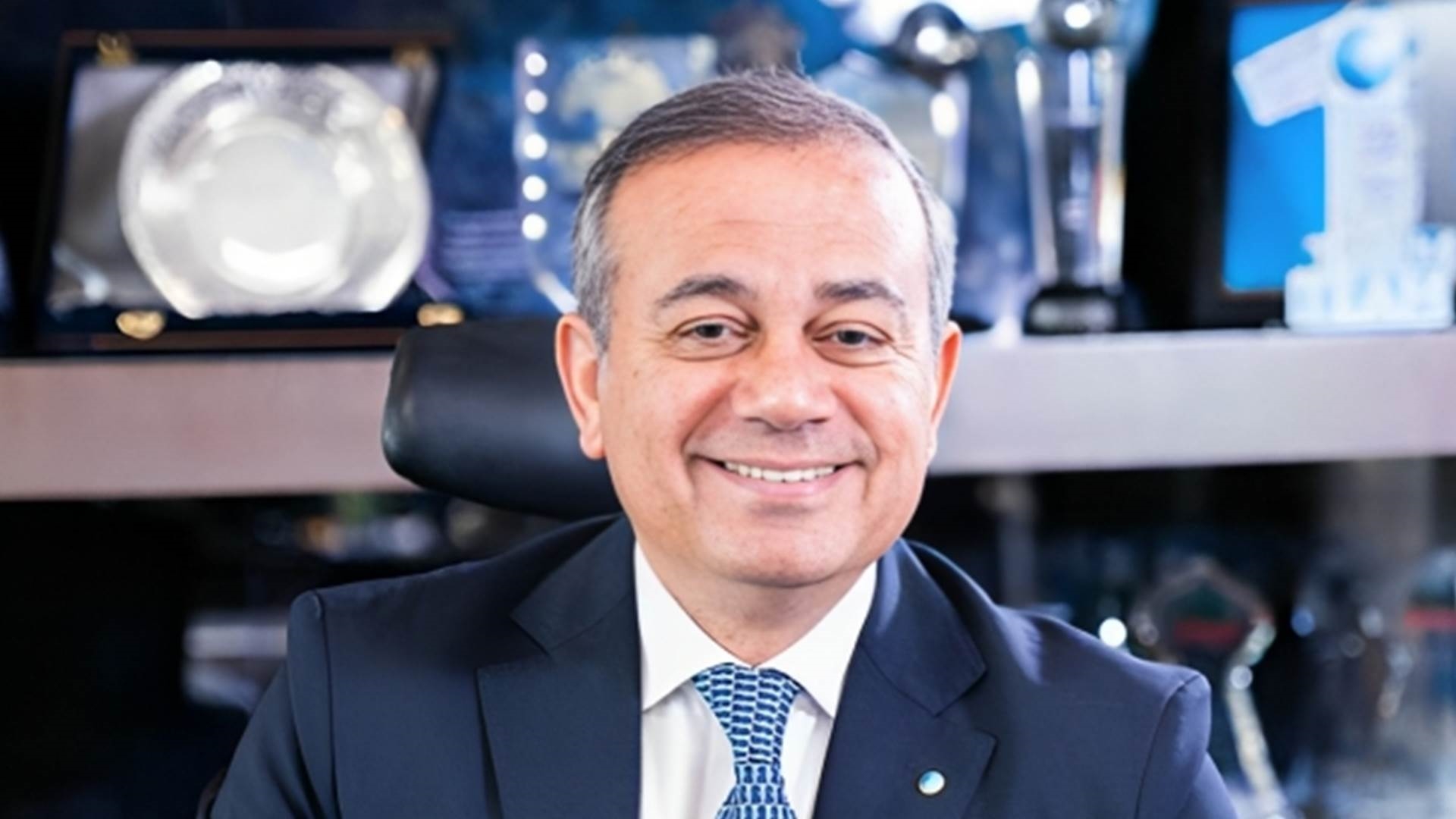
Abu Dhabi Islamic Bank - Egypt has experienced a record boom in its financial indicators since Mohamed Aly took over as CEO and Managing Director in November 2017, which relied on expansionary strategies that enhanced the bank's performance in the Egyptian banking market.
Aly was able to lead Abu Dhabi Islamic Bank (ADIB) towards unprecedented growth rates in its financial performance. On the asset portfolio, it doubled by more than 4 times and a half to jump at a 463.3% rate with an increase of EGP 173.34 bn, reaching EGP 210.76 bn by the end of June 2024, compared to 37.42 bn by the end of December 2017.
The bank has been able to significantly enhance depositors' confidence in it, as evidenced by the extraordinary growth in the volume of its customer deposits, which jumped by 447.2%, and by EGP 133.40 bn, to register EGP 163.23 bn by the end of June 2024, compared to EGP 29.83 bn by the end of December 2017, doubling the portfolio by more than 4 times during its executive leadership.
This increase is attributable to a rise in corporate deposits at a growth rate of 869.5%, jumping to EGP 90.89 bn by the end of June 2024, compared to 9.38 bn by the end of December 2017, bringing an increase of EGP 81.51 bn.
The volume of the retail deposit portfolio also jumped by 253.6% and an increase of EGP 51.89 bn, reaching EGP 72.34 bn by the end of June 2024, compared to 20.46 bn by the end of December 2017.
The expansion of corporate loans and support for SMEs has been one of Mohammed Aly's major achievements. He has worked to diversify banking products to meet the needs of these critical sectors by launching many initiatives and funding programs, which has contributed to enabling entrepreneurs to access the necessary funding through the bank.
This was reinforced by the rise in the total portfolio of customer loans, particularly corporates, which is evident in the record growth in the portfolio of corporates, which jumped by 476.8%, from EGP 11.86 bn by the end of December 2017, reaching 68.42 bn by the end of June 2024, with an increase of EGP 56.56 bn.
It also managed to significantly increase the Bank's support to the retail banking sector, jumping the amount of retail loans by 148.3% and an increase of EGP 13.02 bn, reaching EGP 21.81 bn by the end of June 2024, compared to EGP 8.78 bn by the end of December 2017.
This was reflected in the growth of the bank's total customer loans portfolio, which jumped by EGP 69.58 bn, growing by 337%, to EGP 90.23 bn by the end of June 2024, compared to 20.65 bn by the end of December 2017
In terms of net profits, Mohammed Aly managed to push the Abu Dhabi Islamic Bank to achieve a record growth rate in its net profits, which rose by 640%, to score EGP 4.67 bn in 2023, compared to about 632 mn in 2017.
The bank's net profit during the first half of this year rose by 111.2%, to EGP 4.58 bn, compared to 2.17 bn in the first half of 2023.
Aly has also succeeded in doubling the bank's paid-up capital by two times since his leadership, reaching EGP 6 bn by the end of June 2024, compared to EGP 2 bn by the end of December 2017, with a growth rate of 200% and an increase of EGP 4 bn.
These figures have enhanced Abu Dhabi Islamic Bank's position in the Egyptian market Specifically in the Islamic banking market to become a few steps away from clinching the title of the largest Islamic bank in Egypt, Having come close to taking the lead of Islamic banks from Faisal Islamic Bank. The gap between the two banks on the level of assets fell from EGP 45.2 bn by the end of December 2017, to 5.01 bn by the end of June 2017. The gap between the two banks in the deposit market also fell from EGP 41.3 bn by the end of December 2027, to 1.9 bn by the end of June 2024.
In terms of technological development, he received considerable interest from Mohammed Aly, who focused on investing in the development of ADIB's digital infrastructure, including the launch of advanced banking applications, the improvement of online banking platforms, allowing customers a sophisticated and seamless banking experience, and contributed to increasing the number of customers and attracting new segments, especially younger generations seeking integrated digital solutions.


